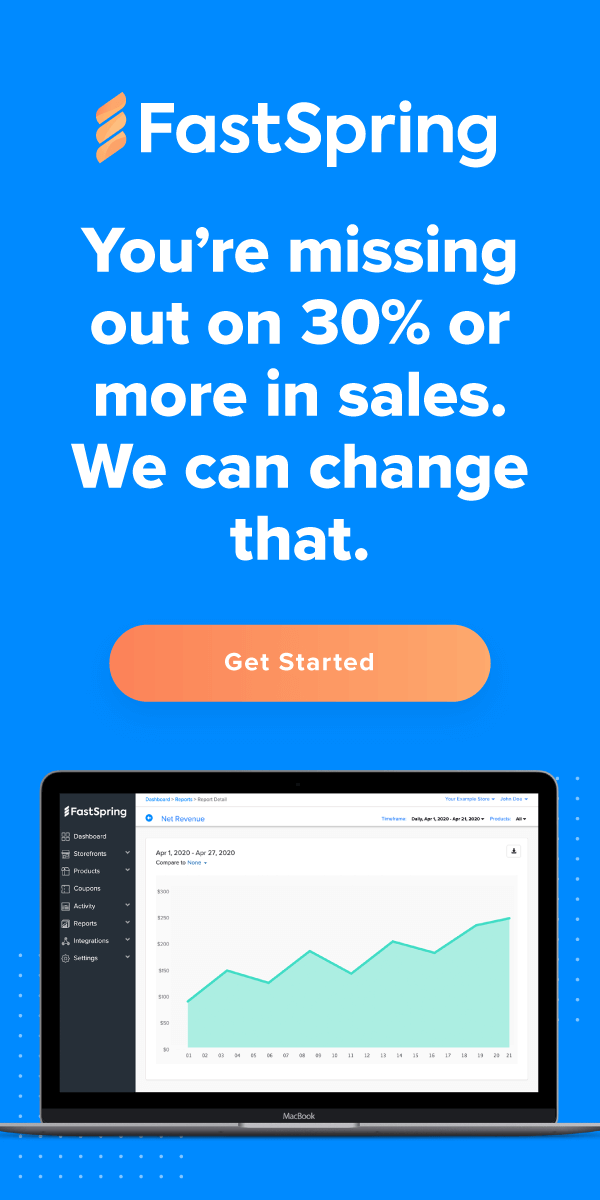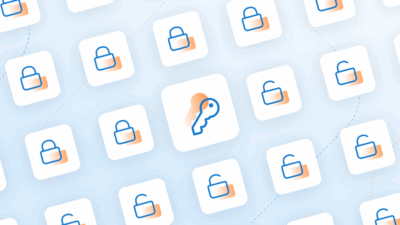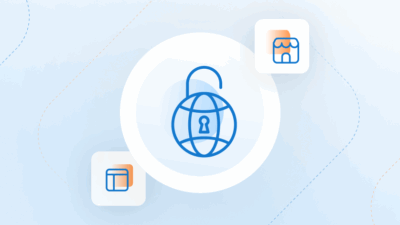You’ve developed a killer product and created your business plan. Now you’re ready to sell online – congrats! But what do you need to know to ensure that your business operations will be successful, sustainable, and compliant? Let us walk you through a few different questions to ask yourself before selling online in the US, including how to handle sales tax and data privacy regulations.
Why should people buy my product?
A fabulous product is only as good as your ability to tell the story of why your product is fabulous. To make your product stand out against the competition, you need to figure out your unique selling proposition, or USP. In a nutshell, this is the thing that your product does that no other product does. It’s a persuasive statement that directly responds to what the consumer wants. But remember, the most persuasive USPs connect with the consumer on an emotional level. To do that, you have to really know your customer: how they think, how they speak, and what they need and desire.
Are my marketing materials consistent?
Your website is stunning, your email campaigns look great, and your customer support forum is looking snazzy, too. But are they using the same visual and written language? If your customer touchpoints – the places where a customer encounters your brand – look like they belong to several different companies, that’s a problem. That means using branding elements like a color palette and the same one or two fonts. You should be communicating your USP in a consistent way so that your customer will remember it, and ideally, even repeat it to someone else. Furthermore, inconsistencies can lead to confusion, which ultimately is a potential barrier to purchase. Imagine if on one page of your website it says your product is compatible with iOS and Android, and then on another, it still says it’s for iOS only. Mistakes like this one can cause your customer to hesitate or worse, lose confidence in your brand and your product. Consistency is key to establishing trust and ensuring effective communication.
I’m selling a digital product, do I really need to collect sales tax?
Short answer: Depends on the state. In the US, sales taxes are determined and collected by each state. The truth is, the application of sales tax for digital products – and SaaS products especially – varies widely. It used to be that you only had to collect sales tax in states where you had a physical presence or a “nexus.” However, in the wake of the June 2018 Supreme Court ruling in Wayfair vs. South Dakota, this may change.
So which states do I have to collect sales taxes in?
There are a few questions you should ask in order to figure out which state you’re required to collect sales taxes for online sales.
- Do you have a physical presence there? Remember, a physical presence isn’t just where your office headquarters are located. Do you have a warehouse? Do you have a storefront? These all count as physical presences.
- Do you employ individuals there? This means full-time employees, part-time employees, independent contractors, salespeople, temporary workers.
- Do you have an “economic nexus” in that state? This is sometimes also referred to as a “sales tax nexus.” In other words, have you established an economic connection with that state? The laws defining the threshold for an economic nexus vary by state. It’s usually based on gross revenue limits or a number of sales transactions. Since the Wayfair vs. South Dakota ruling, more states have enacted nexus laws, some of which have resulted in legal challenges.
Once you can establish if you qualify as doing business there, make sure you refer to the specific laws for that state since they’re changing all the time. Full-service ecommerce solutions, like Fastspring, can determine all this for you.
Do I have a data protection policy in place?
When Europe’s General Data Protection Regulation (GDPR) went into effect in 2018, it was an opportunity for digital businesses all over the world to review the way they manage their customers’ personal data. To be GDPR-compliant, businesses accepting payments from EU residents had to update their consent processes so that consumers are always opting into having their personal data collected (as opposed to opting out), and make sure their terms of service and privacy policies were more explicit about how personal data is being used, as well as make provisions for consumers who request the deletion of their data. The overarching goal was to ensure that European consumers’ right to privacy was protected.
Even if you don’t do business in Europe, it’s definitely time to pay attention to data privacy. Changes are coming to the US too. The impending California Consumer Privacy Act covers much of the same ground. In addition to defining security measures for personal data, it requires businesses to notify individuals in the event of a data breach. The CCPA goes into effect on January 1, 2020, and though it only affects California residents, for now, it’s a signal that consumer attitudes about privacy are shifting. Anyone selling online in the US – in California or not – would be well-advised to structure their usage and storage of consumer personal data in a way that positions them for compliance with similar measures in the future.
Do I need end-to-end support?
We hope this guide has helped you think through some of the different aspects to consider when selling online in the US. If you want help with any of these questions, consider implementing FastSpring’s ecommerce solution. Our full-service platform integrates with major digital marketing tools so you can focus on the optimization of your marketing program instead of maintaining your online shopping experience. We also take care of taxation and GDPR compliance – and we’ll be there to help you through any future US-based consumer data protection requirements as they develop.
![[Customer Story] Why TestDome Considers FastSpring a Real Partner](https://fastspring.com/wp-content/themes/fastspring-bamboo/images/promotional/2023/FastSpring-TestDome-blog-thumbnail.jpg)








